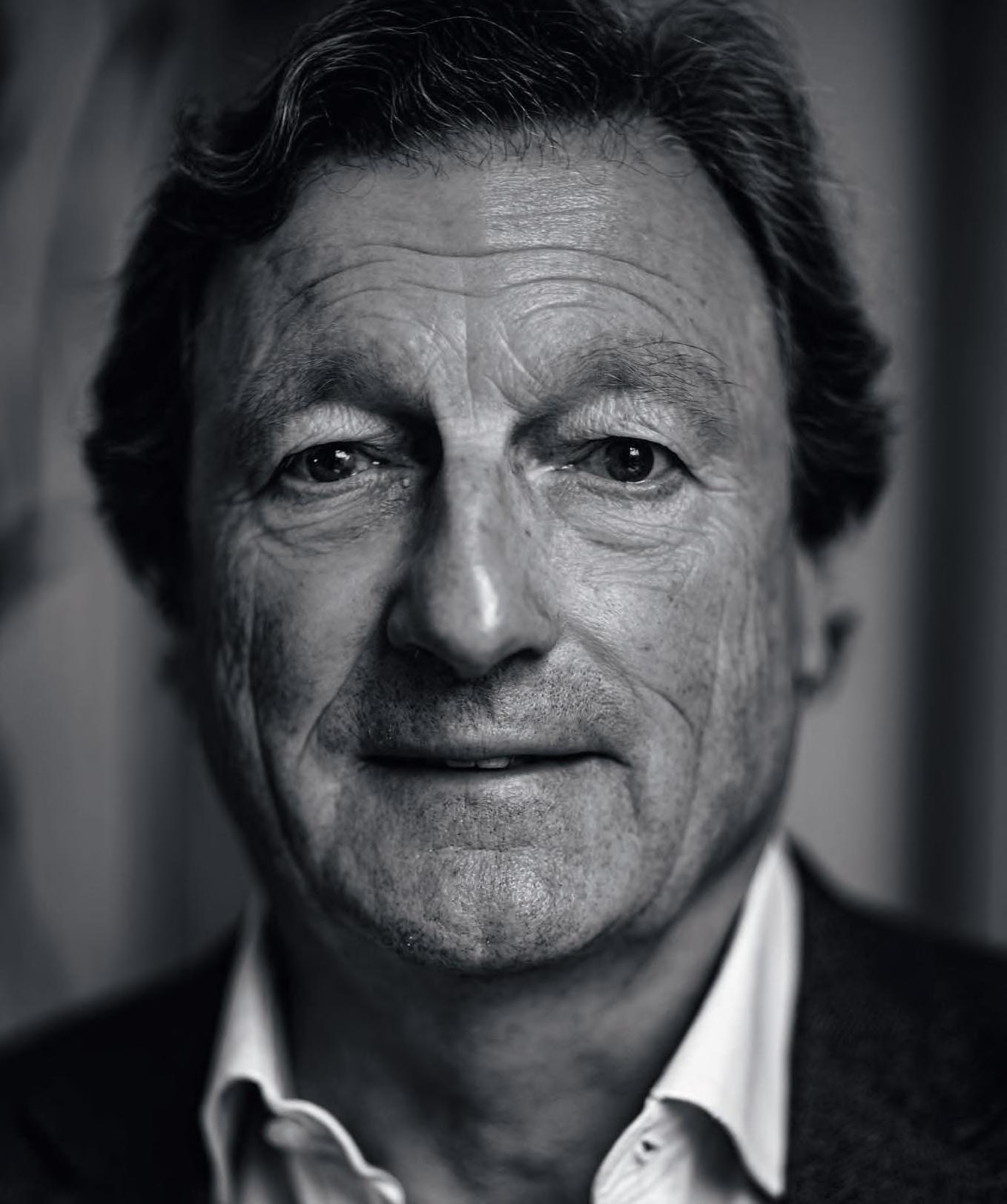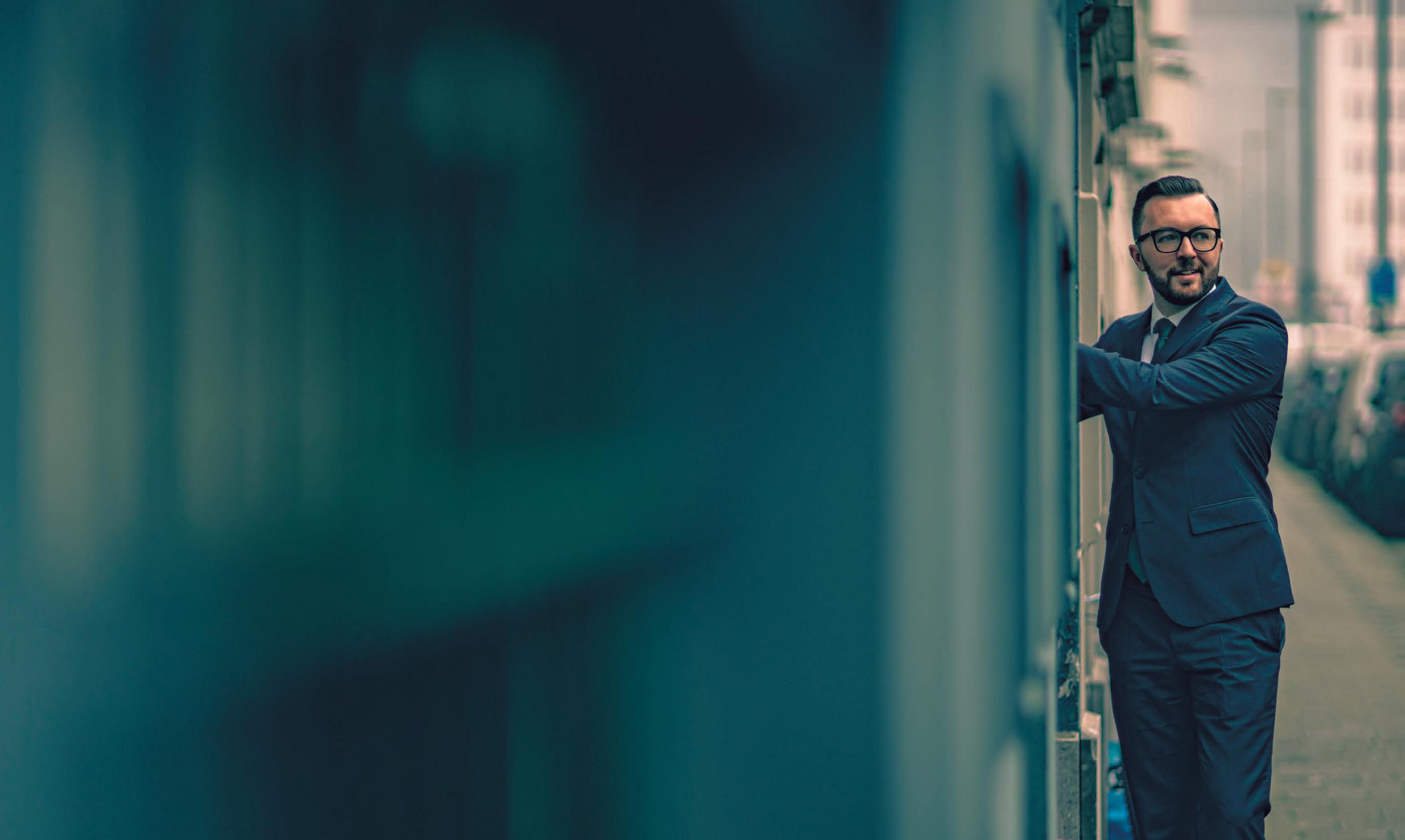
1 minute read
Plastics
Plastic waste is possibly the biggest environmental threat facing the world after global warming and deforestation. The statistics behind the plastics industry are staggering – one million single-use plastic bottles are produced every minute and more than 80% of them are never recycled. Most end up in landfill or the ocean, creating a plastic tsunami that is destroying marine life. Unless this is stopped, experts predict that by 2050 there will be more plastic in the ocean than fish.
But it isn’t all bad news. Plastic as a product is indispensable. Modern shopping without plastic for packaging would be impossible, and it has uses that go far beyond packaging. The strength and lightweight nature of plastic means it can be found in sustainable products such as wind turbines, electric cars and weather-proof building materials. Banning plastic is neither possible, nor desirable.
Instead, we simply need to change the way we use plastics. Investors are flexing their financial muscle to support the development of new kinds of chemical recycling, where the plastic polymer is reduced into its individual monomers, which can then be reused for plastic production.
Plastic shopping bags are now being made stronger so that they are easier to reuse. And for the plastic products that have limited reuse, such as food wrapping, companies are working to make them biodegradable when they go to landfill.
Meanwhile, if we are willing to change our habits, single-use plastic bottles can be phased out. Robeco has been proud to support the Refill campaign, which encourages people to fill up their reusable bottles with free tap water instead of purchasing water in disposable bottles. This has already stopped 100 million bottles from entering the waste stream in the UK alone.
The answer lies in changing use, changing habits and changing direction. Don’t hate plastics – change plastics.









